The S-LAB, situated within the premises of the National Research Council in Turin, Italy, serves as the latest complex for the Istituto Nazionale di Fisica Nucleare (National Institute of Nuclear Physics). It stands as a hub for collaborative research endeavors between the two institutions, focusing on the development of joint research activities and programs. Functioning as a semi-industrial facility, the S-LAB facilitates the production of machinery and precision instruments crucial for the institute’s experiments, while also embodying profound symbolic significance due to its scientific pursuits.
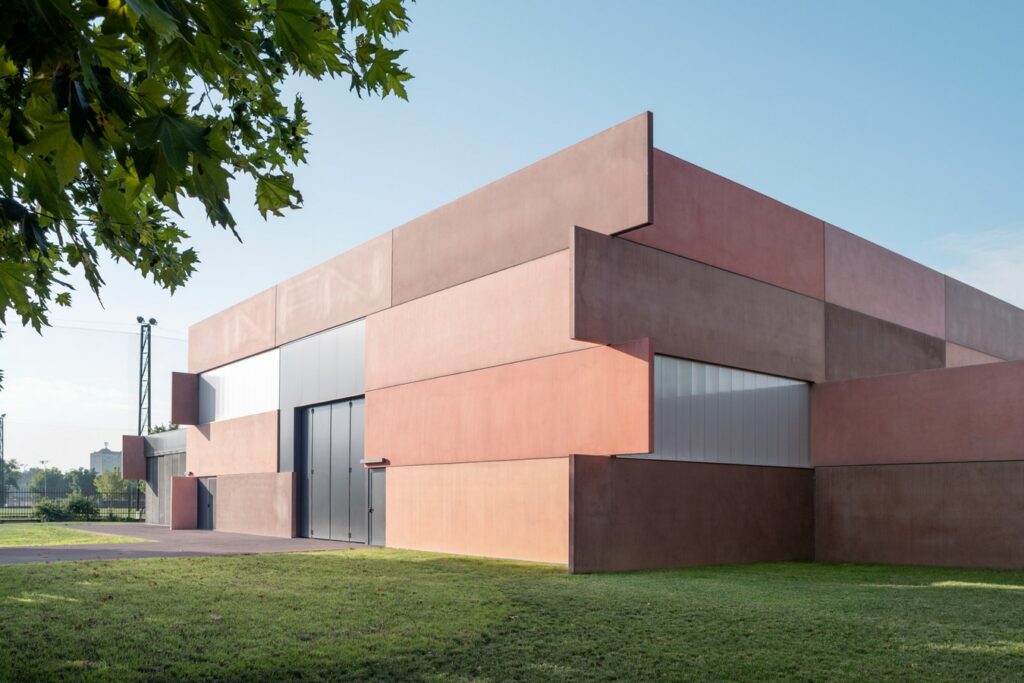
Innovative Design Approach
Employing traditional construction methods, the project reinterprets conventional industrial building aesthetics to transcend the typical warehouse image. Reinforced concrete infill panels of varied colors punctuate the structure, emphasizing the deconstruction of volumes. Intriguingly, certain panels conceal messages that manifest only under specific air humidity conditions, exemplifying an experimental approach woven into the very fabric of the building.
Functional and Aesthetic Integration
The S-LAB embodies a paradigm shift in productive building design, transforming utilitarian spaces into havens of creativity and collaboration. Its layout, featuring courtyards and patios, fosters a sense of openness and interaction. The diverse volumes comprising the building accommodate various functions, from expansive workshops to compact laboratory and office spaces. This deliberate arrangement not only minimizes the structure’s impact on the existing environment but also enhances its coherence with surrounding landscapes.
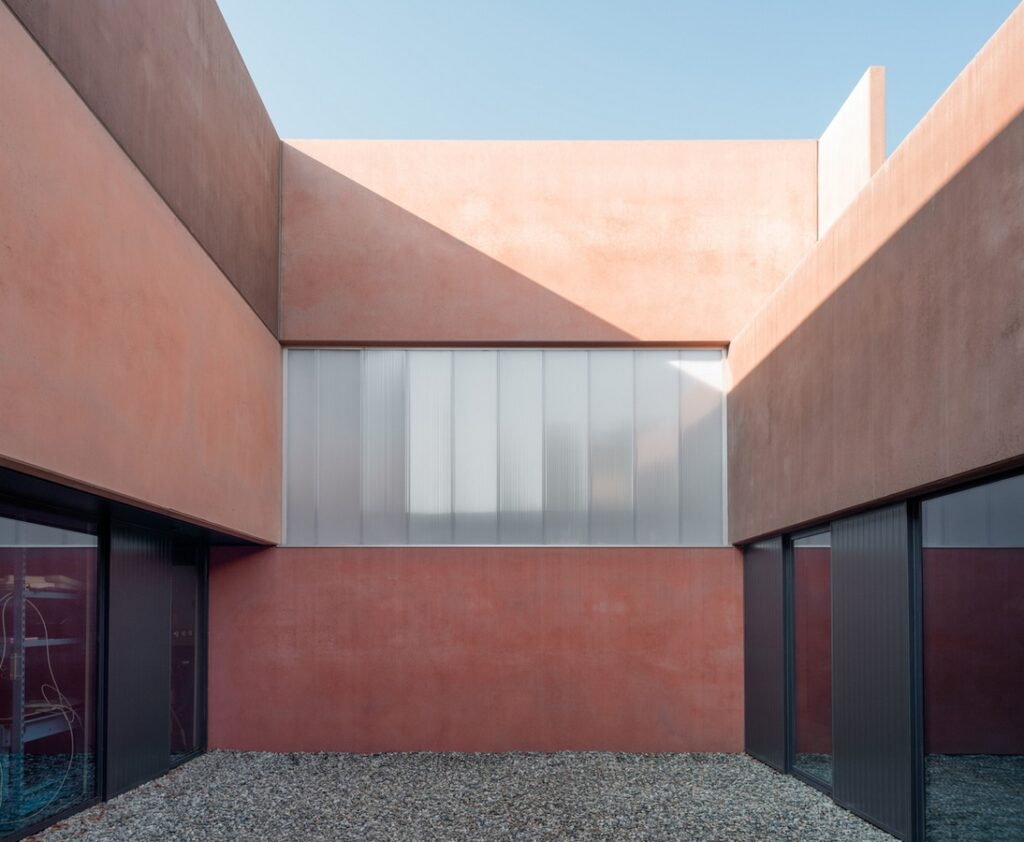
Harmonizing with the Environment
Placed strategically at the center of the site, the S-LAB allows for future expansions while maintaining a strong connection between interior and exterior spaces. Open areas, such as tree-lined walkways and courtyards, are integral components of the design, ensuring they are never perceived as mere residual spaces. Furthermore, the building prioritizes energy efficiency and sustainability, incorporating measures to minimize energy consumption and harness renewable resources.
Conclusion
The S-LAB at the National Institute of Nuclear Physics stands as a beacon of innovation, blending cutting-edge research with thoughtful architectural design. By fostering collaboration, creativity, and sustainability, it not only advances the frontiers of nuclear physics but also sets a precedent for the integration of functionality, aesthetics, and environmental responsibility in industrial architecture.


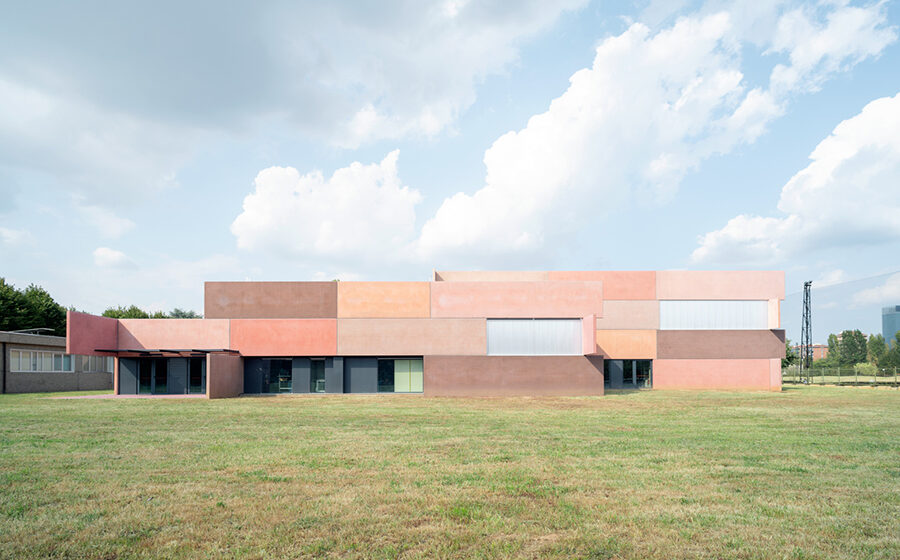
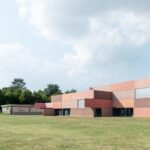
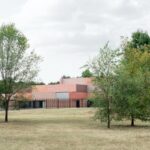
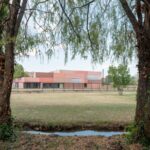
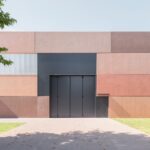
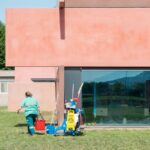
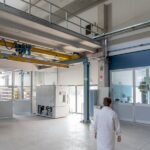
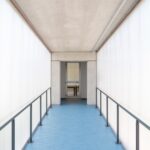
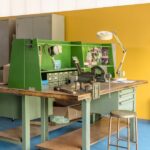
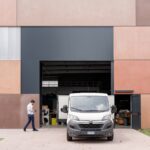
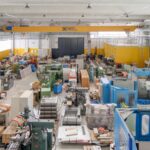
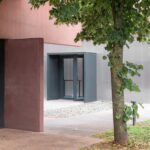

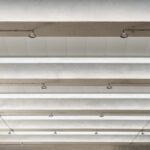
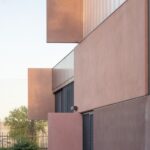
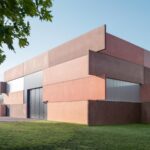
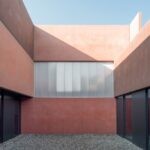
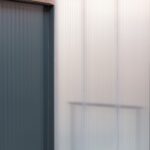
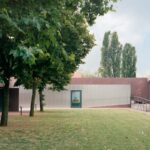
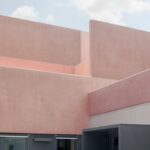
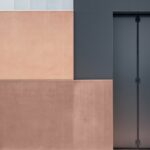
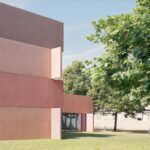
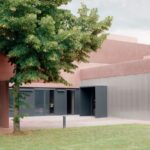
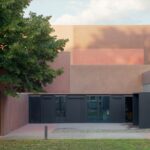
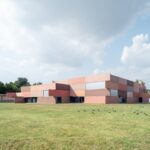
Leave a Reply